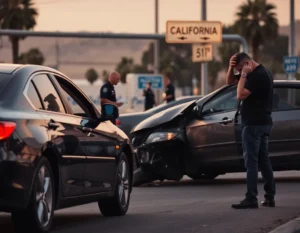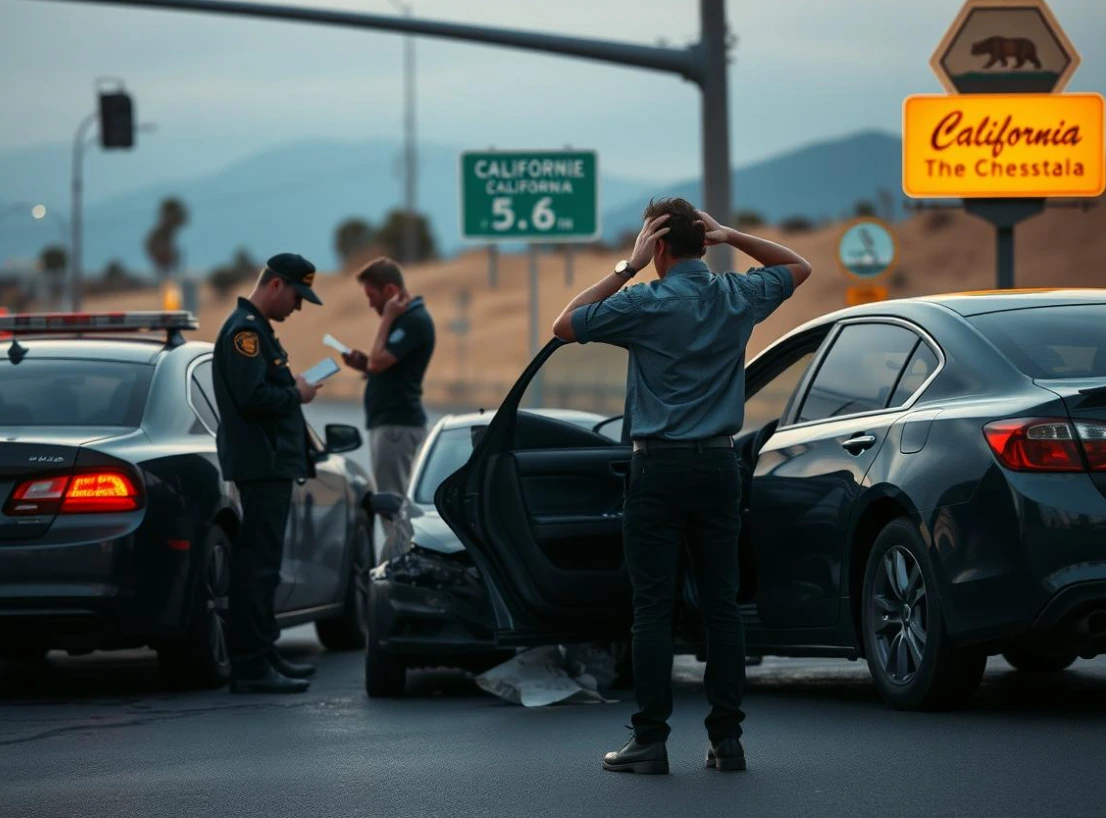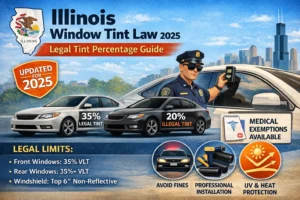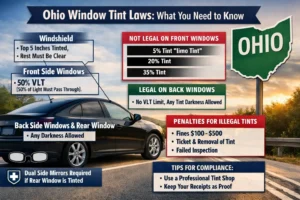The car accident itself might be a really stressful experience and when on top of that, the issues are compounded with the possibility of not having car insurance, the entire experience becomes even more terrible. There are auto insurance regulations in California and no matter the situation and fault of anyone, driving without the insurance may land you in heavy in laws with legal and financial consequences. In this direction, this guide will lead you through various situations and show the further actions.
Is California a No-Fault State?
California, no, that is not a no-fault state. Thus, the one who a legal system identifies as responsible in the accident situation, shall cover the costs. No-fault policies guarantee coverage of the injuries of each driver regardless of the cause of the crash in states with no-fault. In California, however, it is fault that ultimately determines who pays for vehicle damage, medical bills, and collateral damage.
Since California is a tort state, drivers are expected to have at least the minimum liability coverage. If an uninsured driver is caught driving and there is an accident regardless of fault, severe repercussions can follow.
If the Other Driver is at Fault & you have No Insurance
In a situation where you are not insured, it does not matter whether the other driver caused the accident or not; you are still in line for a disaster. California Proposition 213 will restrict your recovery of interesting non-economic types of damage-in-the-way-of-pain and suffering-for being uninsured, even if the accident was not your fault.
However, an injured party can recover damages in the form of medical bills and repairs to his vehicle. On the other hand, you can be cited and fined for being uninsured as per the law, and your license may be suspended by the DMV.
What Happens If You’re at Fault Without Insurance?

When you are deemed to be at fault and have no insurance, you are going to face serious consequences. You will be personally liable for any damages to property or injuries sustained in the crash. That means you would have to pay out of your pocket for the car repair, your own medical expenses, lost wages, as well as other damage to the other party.
Then again, you stand to incur further legal consequences involving the suspension of your license or impoundment of the vehicle, fines, and possibly even a court judgment against you due to your being uninsured. If the other party does sue you, you stand to lose personal assets.
Filing a Claim Without Insurance:
Unfortunately, without insurance, a claimant for the damages remains doubtful, even if it is not the claimant’s fault. Therefore insurance companies suspect claims coming from uninsured drivers and often try to find loopholes to pay less.
If your intention is to recover damages from the insurer of the other driver, you have to prove his fault through police reports, witness statements, or traffic camera footage. It is also wise to consult with a car accident lawyer who can preserve your interests.
Does Liability Insurance Cover You If You’re Not at Fault?
Liability insurance is supposed to cover damages you inflict on others in an accident. Thus, if you are not at fault, your liability insurance does not apply to your own injuries or damages; it only would cover the other party if you were the one who caused the crash.
If the other driver is at fault, their liability insurance should cover your expenses. But, if they are also uninsured, and you do not have uninsured motorist coverage, you are now basically on your own in compensating the cost.
Penalties for Driving Without Insurance in California:
In the State of California, driving without insurance is a violation of law. If you are caught without it, more so during an accident, you can face:
- A $100 to $500 fine for the first offense
- Suspension of your vehicle registration and driving license
- Impoundment of your vehicle
- Future increase of insurance premiums
Penalties increase with subsequent offenses, which include possibly having to carry SR-22 insurance, which is a certificate proving financial responsibility.
Should You File a Claim with Your Own Insurance?
Even if the accident wasn’t your fault, you might wonder if it would be appropriate or even possible to file a claim with your own insurance. Depending on your policy, this could be a smart route, especially if the other driver is uninsured, underinsured, or fled the scene. So, do take time to understand what is and is not covered.
Before filing a claim, always read your frame policy. Collision insurance, uninsured/under-insured motorist coverage, or medical payments coverage (MedPay) are types of coverage that can help you recoup your costs. Filing a claim will most likely cause your premiums to increase, so consider which outweighs the other.
Review Policy for Eligible Coverage
The first thing to check for is whether the policy includes an uninsured or underinsured motorist provision. In this case, it works for payment of medical expenses for self-injury and damage from the other driver, who may not have enough insurance. Collision coverage would similarly pay for repairs regardless of fault.
Also, check your deductibles. If your deductible is high and your damage minor, it may be worthwhile to pay for damage out of pocket rather than file a claim and potentially suffer future increases in rates.
Consider the Potential Impact
Sometimes, filing a claim-even when not-at-fault-can have a bearing on an increase in insurance premiums. Any claim activity would be viewed by the insurance agency as higher-risk and then would estimate the rates accordingly. Better if you could inquire with your insurer how a claim would affect future costs.
Consultation with your insurance agent or an experienced attorney will help you find out the costs and benefits of using your own insurance in damage claims. Sometimes it might be the only way to get paid quickly- particularly when liability is a question, or the liable driver has no coverage.
Legal & Financial Consequences After an Accident in California
Uninsured accident cases usually lead to civil suits depending on the party responsible for the accident. In such cases, he/she can file suit against you for damages, as well a court might rule for garnishment of your wages or a lien against your properties in cases where you don’t pay.
Aside from that, you could have records with DMV and law enforcement which may hinder your chances of obtaining cheap insurance cover in the future. Being uninsured also disqualifies you from receiving complete indemnity and makes recovery very difficult even when you are not responsible.
Steps to Take If You’re in an Accident Without Coverage
There are some steps that you should take if you are in an accident. Actions to take in case of an accident without insurance are:
- Stay at the site of the incident and call 911 if anyone is hurt
- Share contact and car details with the other driver
- Request a police report to detail the accident
- Never admit fault or say too much at the scene;
- See to it that you get medical treatment as needed
- Call an attorney for legal advice
In the end, rights and reduced liability must be protected, even zippo insurance, which is a priority. An experienced attorney can help you understand options and negotiation of any claims made against, however.





